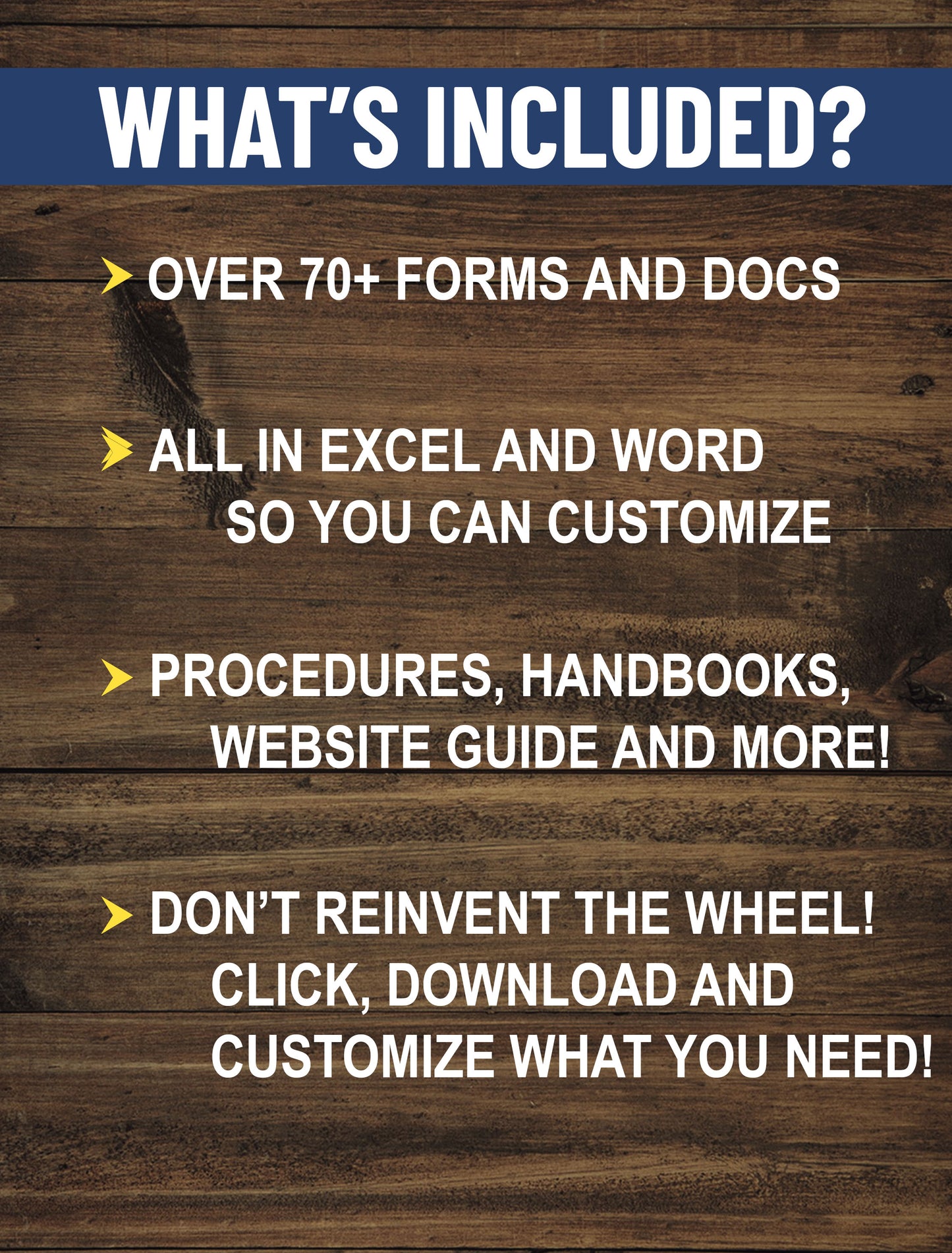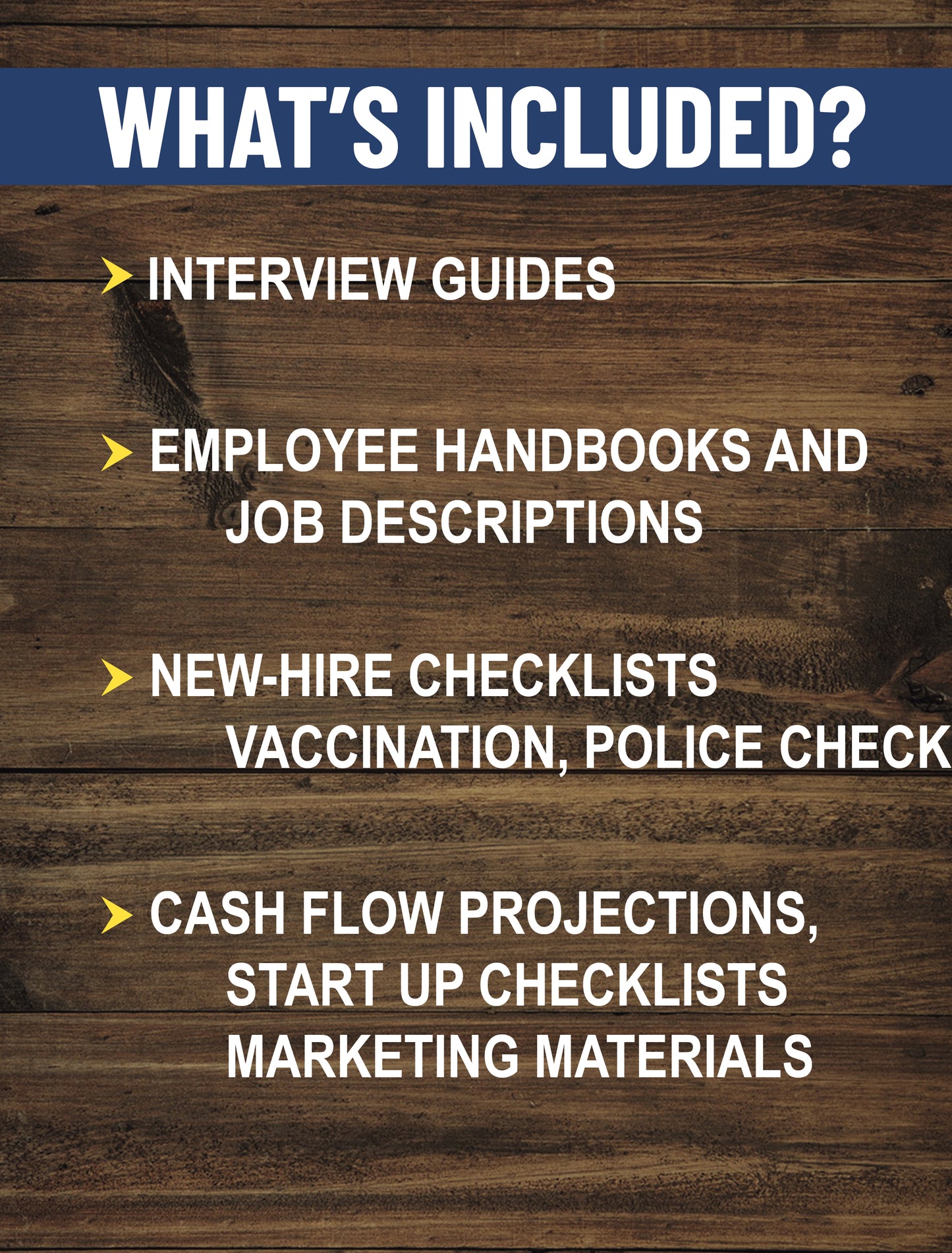When it comes to caregiving, having a clear and structured agreement can make all the difference. A printable caregiver contract template helps set expectations between families and caregivers, whether the caregiver is a family member or a professional hired specifically for the role. In this guide, we’ll walk you through what a caregiver contract should include, why it’s important, and how you can use a template to simplify the process. If you’re navigating the complexities of caregiving, this will be your go-to resource.
Why Create a Caregiver Agreement?
A caregiver agreement—sometimes called a personal care agreement or elder care agreement form—is more than just a piece of paper. It’s a legal document that outlines the terms and expectations of caregiving services provided to an individual needing care. Think of it as a roadmap for caregiving, ensuring that everyone involved understands their responsibilities and rights. This agreement is particularly useful when a family member steps into a caregiving role, transforming informal care into a structured, compensated arrangement.
If you are hiring a private caregiver for a loved one, check out these resources.
Here’s why a caregiver service contract is so essential:
- Clarity on Caregiver Duties: It’s easy for misunderstandings to arise when providing care services like medication management, meal preparation, and help with activities of daily living. A contract clarifies these responsibilities upfront.
- Legal Protection: A formal agreement can protect both the caregiver and the family in the event of disputes. It’s especially important when navigating local laws, labor laws, and tax laws.
- Fair Compensation: For family caregivers, it can be uncomfortable to discuss payment for caregiving services. A work agreement makes this part of the conversation easier, covering hourly rates, additional hours, and tax obligations.
- Structured Care Planning: When social workers or health professionals are involved, having a formal written document can help them better understand the scope of care being provided, ensuring that the care recipient's condition is addressed properly.
Key Components of a Caregiver Contract
Crafting a well-rounded caregiver contract involves addressing several key areas. Here’s what you need to include:
-
Full Legal Names and Contact Information: Start with the basics—list the full legal names of the caregiver, the care recipient, and any legal representative who may need to be involved. Include contact information for all parties to ensure easy communication.
-
Description of Caregiver Duties: Outline the specific tasks the caregiver will be responsible for. This might include personal care activities like bathing and dressing, basic food preparation, medication management, grocery shopping, and even emotional support for the older adult. Be specific, as this will help avoid misunderstandings and ensure that the caregiver’s role is clear.
-
Terms of Payment and Compensation: Specify the hourly rate or salary, how often the caregiver will be paid, and any arrangements for additional hours. For family members transitioning to paid caregiving roles, this section is vital in ensuring fair compensation. If a paid caregiver is hired as an independent contractor, outline what this entails, including the caregiver's responsibility for their own liability insurance and unemployment insurance.
-
Caregiving Schedule and Duration: Include a clear schedule for caregiving, whether it’s full-time, part-time, or on a respite care basis. Define the start date and end date if the caregiving arrangement is temporary. A well-defined schedule helps both the family and caregiver plan around the needs of the individual needing care.
-
Health and Emergency Protocols: This section should cover what to do in medical emergencies. Include specific instructions for contacting doctors, handling emergency situations, and using health insurance for medical care. For example, if the care recipient has a chronic condition like diabetes or Alzheimer’s, detail the steps the caregiver should follow if symptoms worsen.
-
Confidentiality and Privacy: Caregivers often have access to confidential information like medical information and social security details. A contract should include clauses about maintaining privacy and ensuring that any sensitive information is handled appropriately, in line with legal agreements and privacy laws.
-
Dispute Resolution and Legal Advice: It’s always wise to include a section on how disputes will be handled, whether through mediation or consultation with an elder law attorney. Seeking legal advice before finalizing the contract can help ensure it’s compliant with applicable laws and tailored to the specific needs of the caregiving arrangement.
Using a Printable Caregiver Contract Template
A printable caregiver contract template can make this process much simpler. Templates provide a structured format, allowing you to fill in the details relevant to your situation. They’re designed for informational purposes and should be customized to meet the needs of the care recipient's condition, the type of care required, and the level of control the caregiver will have over their work.
To use a template effectively:
- Download and Review the Template: Ensure you have a current version that’s suitable for your region, as local laws can impact how the agreement should be structured.
- Tailor the Details: Customize sections like caregiver duties, payment terms, and legal obligations. Be specific about what you need, whether it’s help with house rules or meal preparation.
- Consult a Professional: Before finalizing the agreement, consider having it reviewed by a legal representative or social worker. This can help ensure that all key aspects of caregiving are addressed properly.
Hiring & Managing a Private Caregiver: Essential Toolkit
Common Questions About Caregiver Contracts
-
What’s the difference between a family caregiver and a professional caregiver? Family members who become caregivers may transition from providing informal care to becoming paid caregivers. A caregiver agreement formalizes this arrangement, making it clear when the family member is acting in a caregiving role.
-
Can a caregiver contract protect against legal issues? Yes, especially when it comes to issues like minimum wage, payroll taxes, and correct classification of the caregiver as either an employee or independent contractor. This can have significant implications for tax laws and liability insurance requirements.
-
Do I need an attorney to create a caregiver agreement? While a template can be a good starting point, consulting with an elder law attorney can ensure that your caregiver contract is tailored to meet all legal obligations and protect against potential disputes.
Typical Caregiver Duties and Example Job Description
When creating a caregiver agreement, one of the most critical sections is the job description. This part of the contract outlines the caregiver's responsibilities, helping to set clear expectations. It’s important to be as detailed as possible to avoid confusion and ensure that the caregiver understands what is expected of them. This section not only serves as a guide for the caregiver but also helps families ensure that their loved ones receive the right level of care.
Common Caregiver Duties
Caregiving involves a wide range of tasks, depending on the needs of the individual needing care. While some caregivers may focus on basic assistance with daily activities, others might be required to provide more complex care, especially if the care recipient has chronic illnesses or specific medical needs. Here are some of the most common caregiver duties:
- Personal Care: This includes assistance with bathing, dressing, grooming, and toileting. It also involves help with mobility, such as getting in and out of bed or a wheelchair.
- Medication Management: Ensuring that medications are taken as prescribed is a vital part of caregiving. This might involve reminding the care recipient to take their medication or, in some cases, administering medication directly.
- Meal Preparation and Feeding: Caregivers often prepare nutritious meals that accommodate any dietary restrictions or preferences. They may also assist with feeding if the care recipient has difficulty eating on their own.
- Household Tasks: Light housekeeping, grocery shopping, and maintaining a clean and safe environment are typically part of a caregiver’s responsibilities. This helps ensure that the living space is comfortable and hygienic.
- Transportation: Many caregivers assist with transportation to doctor’s appointments, therapy sessions, or social outings. This can be especially important for maintaining the care recipient’s independence and well-being.
- Emotional Support: Caregivers provide companionship and support to combat loneliness, especially for older adults. This role can include engaging in activities like reading together, playing games, or simply spending time chatting.
- Monitoring Health: Keeping an eye on the care recipient’s overall well-being is crucial. This includes observing any changes in physical or mental health and reporting them to family members or health professionals.
These duties can vary significantly depending on the care needs, the care recipient's condition, and the type of care being provided. The goal is to ensure that the care recipient receives the appropriate level of assistance for their specific needs.
Example Caregiver Job Description
Here’s an example of a caregiver job description that could be included in a caregiver agreement:
Job Title: In-Home Caregiver
Position Type: Full-Time (40 hours/week)
Location: [City, Province]
Compensation: $18/hour + mileage reimbursement for transportation to appointments
Job Summary:
The caregiver will provide compassionate, non-medical care to an older adult with mobility limitations and mild cognitive impairment. The caregiver will assist with daily activities, provide companionship, and ensure the safety and well-being of the client.
Responsibilities:
- Assist with personal care needs, including bathing, grooming, dressing, and toileting.
- Manage medication reminders and ensure medications are taken on time.
- Prepare nutritious meals according to dietary needs and assist with feeding as necessary.
- Perform light housekeeping duties such as laundry, vacuuming, and maintaining a clean living environment.
- Accompany the client to doctor’s appointments and social activities, providing transportation as needed.
- Provide emotional support through conversation and engaging in hobbies or games.
- Monitor and document changes in the client’s health or behavior, reporting concerns to family members or health professionals.
- Maintain confidential information and respect the client’s privacy at all times.
Requirements:
- Previous experience in caregiving or formal training is preferred.
- Valid driver’s license and access to a reliable vehicle.
- Ability to lift and assist with mobility and transfers.
- Strong communication skills and a compassionate, patient demeanor.
- CPR & First Aid certification (preferred).
This example gives a detailed overview of what families might include in a caregiver contract. By being specific about duties and expectations, both families and caregivers can ensure a positive and effective caregiving relationship. It’s also a helpful guide for caregivers who want to understand what will be expected of them in a professional setting.
This job description can be adapted to match the unique needs of your family or care recipient, ensuring that all parties are comfortable with the caregiving arrangement. Having this level of detail can make a world of difference in providing quality care that supports the individual needing care and fosters a trusting relationship between families and caregivers.
Download Your Printable Caregiver Contract Template
Ready to get started? Our printable caregiver contract template makes it easy to outline specific needs, caregiving services, and caregiver duties. Simply type text into the template, adjust as needed, and have peace of mind knowing that your formal agreement covers all the bases. If you are hiring and managing a caregiver for a family member, get the essential toolkit with all of the forms and templates you will need to hire and manage a private caregiver.
About the Author









1 comment
I love taking care of the elderly.